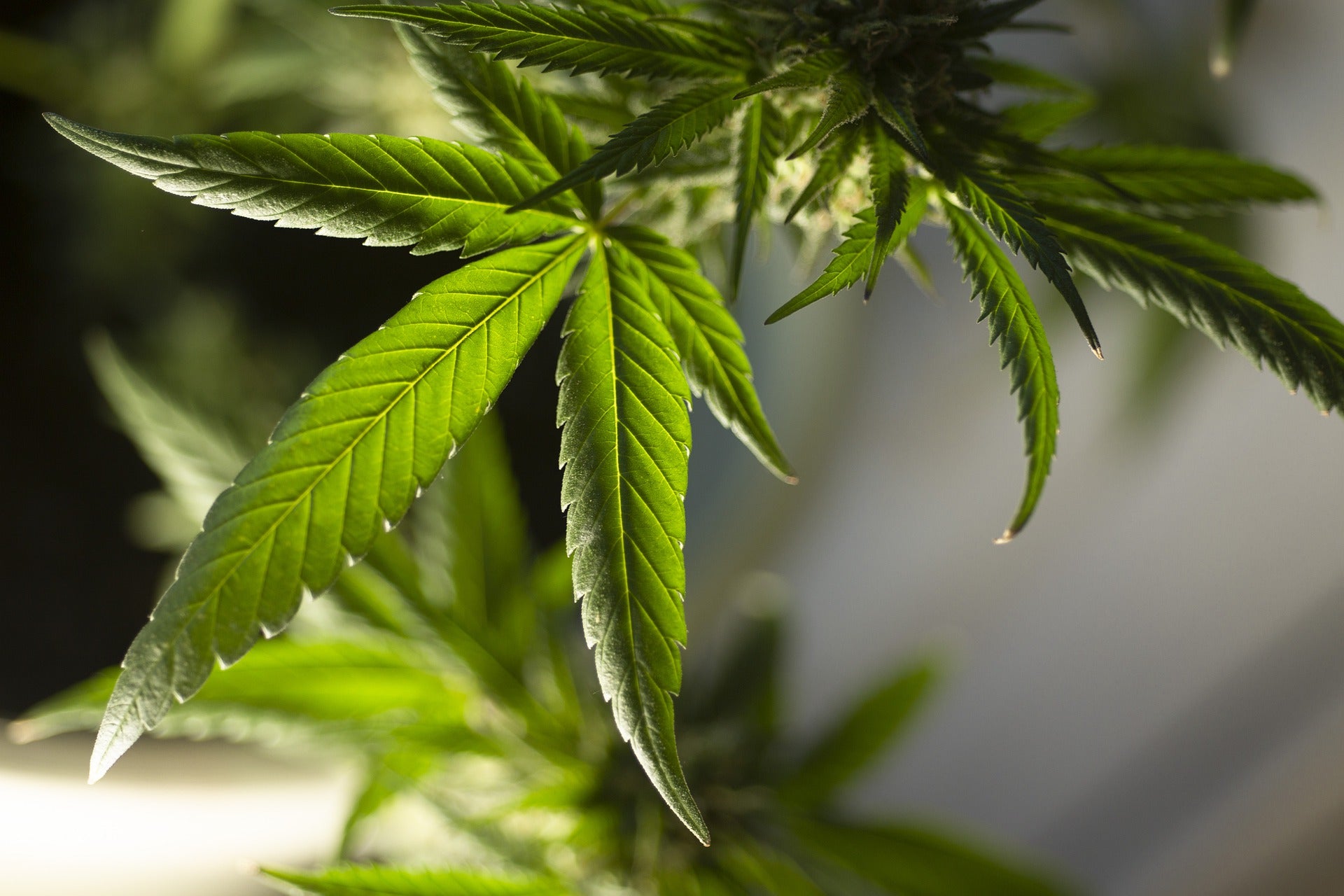
Cannabinoids
Cannabinoids are chemical compounds found in the cannabis plant. They interact with special receptors in the human body known as cannabinoid receptors. This interaction can have a wide range of effects on the body.
The two main types of cannabinoids are endogenous cannabinoids, which are produced by the body itself, and phytogenic cannabinoids, which are found in the cannabis plant.
The eight most important cannabinoids:
Tetrahydrocannabinol (THC): THC is the most well-known cannabinoid and is responsible for the psychoactive effects of cannabis. It affects the central nervous system and can trigger euphoria, relaxation, increased creativity and appetite stimulation.
Cannabidiol (CBD): CBD is a non-psychoactive cannabinoid that has numerous potential health benefits. It is often used to relieve pain, inflammation, anxiety, and seizures.
Cannabigerol (CBG): CBG is a lesser-known cannabinoid that may have potential anti-inflammatory and calming properties. It is still being intensively researched.
Cannabinol (CBN): CBN is formed by the oxidation of THC and may have sedative properties. It could help improve sleep.
Cannabichromene (CBC): CBC has anti-inflammatory properties and is often used in combination with other cannabinoids for pain relief.
Tetrahydrocannabivarin (THCV): THCV is a psychoactive cannabinoid that may have energy-boosting properties. It is often associated with appetite suppression.
Cannabidiolic acid (CBDA): CBDA is the acidic precursor to CBD and exhibits potential anti-inflammatory and calming properties.
Cannabichromenic acid (CBCA): CBCA is the acidic precursor of CBC and is being studied for its anti-inflammatory and antimicrobial properties.
